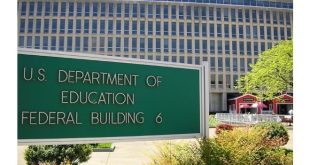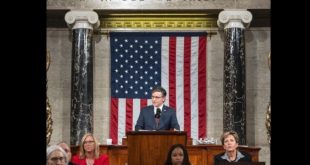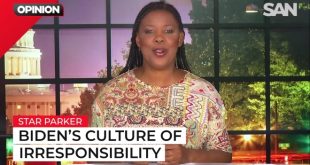Joanna Duka and Breanna Koski, studio artists in Arizona, filed a lawsuit against the city of Phoenix to block enforcement of an ordinance that would criminally penalize them for refusing to create wedding invitations and other items for homosexual “weddings.”
The ordinance also bars them from citing their religious beliefs as a reason for refusal.
But the Arizona Court of Appeals decided the ordinance does not violate their First Amendment rights.
Duka and Koski appealed to the Arizona Supreme Court. Their legal counsel, Alliance Defending Freedom, said the court should have considered the case in light of the U.S. Supreme Court’s Masterpiece Cakeshop ruling. An excerpt (emphasis added):
The U.S. Supreme Court made it clear in its Masterpiece Cakeshop ruling that the government must give fair consideration to those with religious objections to same-sex marriage—the First Amendment applies to both popular and unpopular views. As Justice Anthony Kennedy wrote, “the religious and philosophical objections to gay marriage are protected views and in some instances protected forms of expression.”
Still, some cities and states have passed and enforce laws that keep people from living consistently with their beliefs about marriage – under threat of government punishment.
…
As Phoenix interprets it, its ordinance requires people to take on projects that express messages or celebrate events that conflict with their religious beliefs. If they don’t, they face jail time and burdensome fines. The law even prohibits people from explaining publicly what they can and cannot create consistent with their beliefs.
Like Christian baker Jack Phillips, owner of Masterpiece Cakeshop, Duka and Koski, aren’t refusing to serve homosexuals; they won’t create custom work for “weddings.”
Phillips declined to use his artistic talents to create a “wedding” cake for two homosexuals, although they could have bought a cake already made. They sued, but Phillips was vindicated after the nation’s highest court said (7-2) the Colorado Civil Rights Commission, which ruled against him, treated him unfairly and his religious beliefs with contempt.
 Black Community News News and Commentary for Christians
Black Community News News and Commentary for Christians



